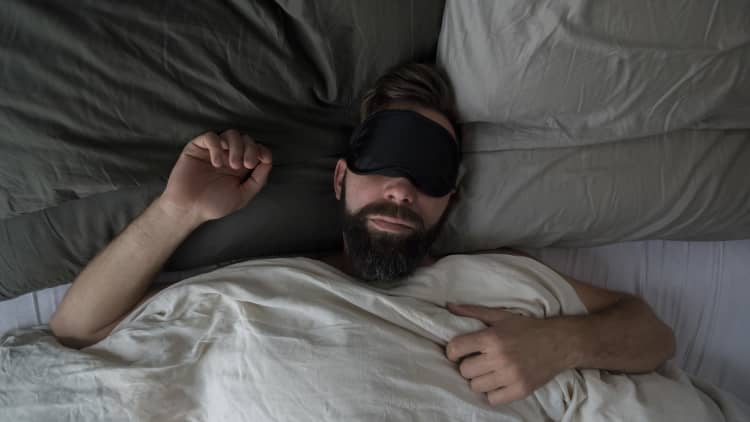While millennials might seem to be more invested than other groups in wellness trends — from crystals to boutique fitness classes — they may be spending money on the wrong things when it comes to health, according to a new report on the economic consequences of millennial health habits.
In fact, the report from healthcare company Blue Cross Blue Shield and risk management company Moody's Analytics suggests that these poor health habits and patterns could "hamper the future prosperity of millennials" and lead to long-term consequences for the U.S. economy.
Poorer health equates to lower income, Mark Talutto, vice president of strategy and analytics at Blue Cross Blue Shield Association (BCBSA), the national association of BCBS's various companies, tells CNBC Make It.
Specifically, the analysts found that if health trends continue at this rate, millennials could see a reduction of $4,500 per year (or $375 per month) in their income by 2027. This could impact millennials' overall ability to keep up with the earning power of other generations, Talutto says.
For the report, Moody's used a millennial health study that BCBSA published in April, which looked at health insurance claims from millennials (those born between 1981 and 1996) through 2017. At the time, the millennials were 21 to 36 years old. Researchers also conducted listening sessions with millennials around the country to learn about the health issues they faced.
The most alarming finding was the rate of increase of certain health conditions among millennials compared to Gen X. For example, millennials had a much higher prevalence of high blood pressure, type II diabetes high cholesterol and nicotine dependence at age 35 than Gen Xers did at that age.

Beyond physical health, behavioral health issues, such as hyperactivity and major depression, were also more widespread among millennials.
"What we hear from physicians is that behavioral health conditions are highly correlated with the medical issues as well," Maureen Sullivan, chief strategy and innovation officer at BCBSA tells CNBC Make It.
A recent survey found that half of millennials and 75% of Gen-Zers have quit jobs in part due to mental health reasons.
Like this story? Subscribe to CNBC Make It on YouTube!
Don't miss:



